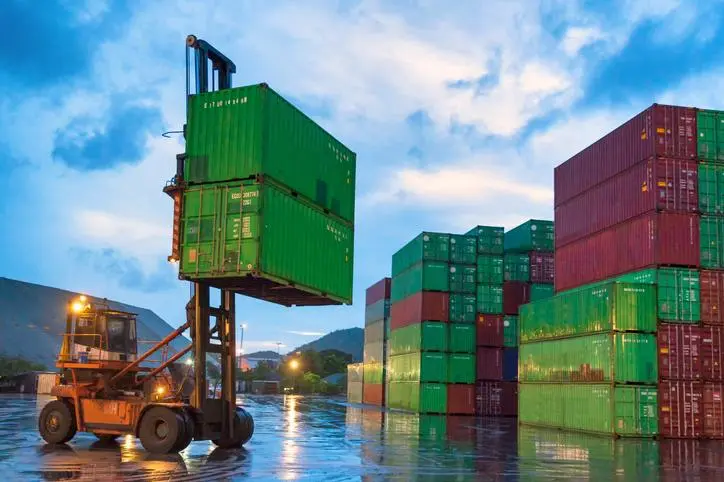PHOTO
The oversupply of containers is contributing to second-hand container market prices plummeting, Germany-based Container xChange said in a recent analysis.
Christian Roeloffs, Cofounder and CEO of the container logistics marketplace said the oversupply situation is a result of a series of reactionary market disruptions that began soon after the outbreak of the pandemic in early 2020.
“With the rise in demand, congestion at ports increased and the container capacity was held up for a considerably long period of time. This led to the panic ordering of new boxes at record levels. With time, as markets reopen and demand softens, the oversupply is a natural outcome of demand-supply forces balancing at new levels,” he explained, adding that average container prices and leasing rates have been declining globally since Sept-Oct 2021.
The latest data from Drewry indicates an excess of 6 million TEUs of capacity in the global fleet of containers.
Container xChange analysis noted that freight rates, which came down by 20 percent on average since the beginning of the year 2022, will continue to slide but there won’t be a massive decrease because the underlying disruptions in the supply chain are still there.
It noted that with inflation and pandemic-induced lockdowns, disruptions will continue to change the equation between supply, demand and prices. In the longer term, these will phase out and create a new normal balance of supply and demand.
“As we witness the easing of supply chain disruptions in the coming months it will lead to higher box productivity and a structural surplus of containers. If we also see further softening of demand, this will increase the supply of containers available for cargo,” the Analysis said.
According to Container xChange, a significant rise in the pent-up, peak season demand is expected to keep container prices potentially stable (prevent them from falling further down or skyrocketing) in the short term as the market inches closer to the peak season.
“What remains to be seen is how the geopolitical circumstances and the pandemic-induced lockdowns (for instance, in China) play out in the coming months,” it concluded.
(Writing by Eman Hamed; Editing by Anoop Menon)





















